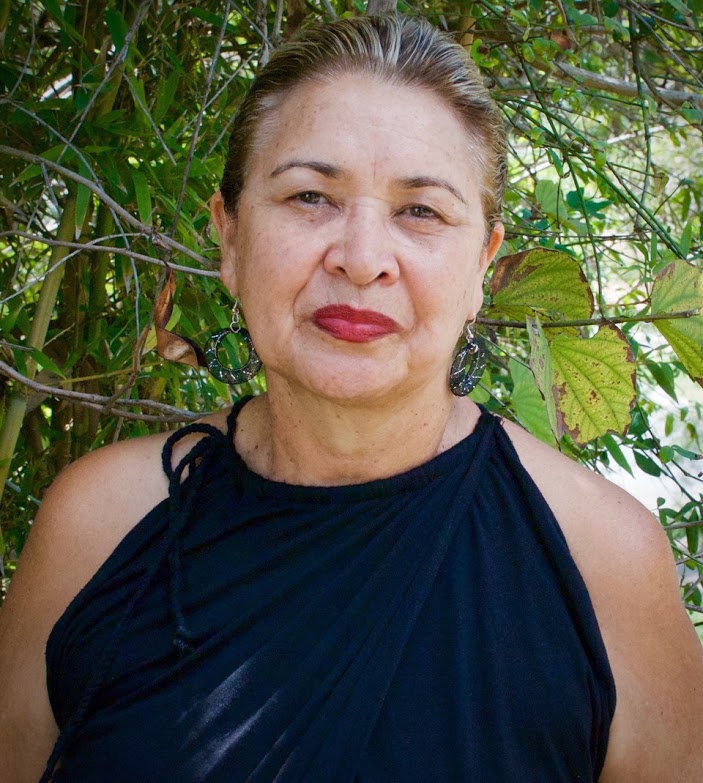Doctor of Philosophy and MPhil graduate, Charles Perkins Scholarship recipient
Can you tell me about your experiences as an Research Higher Degree student?
This has truly been on of the best things I’ve done in my life. The postgraduate experience provides you with many skills that are beyond your initial expectations. While I completed my Masters of Philosophy part-time and this has been a personal and professional achievement, I must say that I recommend to others to avoid part-time study at this level. It’s just way too hard as I felt as though that I didn’t get the best out of myself. You need more time to focus on the job at hand. My Masters of Philosophy focused on sustainable commercial harvesting of spinifex for Aboriginal communities in north-west Queensland. I thoroughly enjoyed this experience. Now I’m exploring the possibility of a PhD at University of Cambridge, UK. I would never have thought when I started my undergraduate degree that I would be in this situation many years later.
What was your pathway into a Research Higher Degree?
I commenced university in ’97 and graduated at the end of ’99. Following this I had a year break and then completed my BA Honours at The University of Queensland. I finished my Honours in 2003 and then it was another five years before I enquired about undertaking a Masters of Philosophy. I decided to do the Masters because I wanted to improve myself professionally and personally. I felt as though just having an Honours degree wasn’t good enough in the job market and academically. I didn’t seem to be competitive enough with other people who had higher degrees.
What support mechanisms or aspects of university life have contributed to you completing a Research Higher Degree?
I found that it is important to develop a strong relationship with your postgraduate supervisors as they can point you in the right direction (so to speak) and provide guide you through the research process. You also need to discuss your ideas and problems with others so it is essential to talk to other PhD graduates and other postgraduate students throughout your study, even if they are not from your discipline or area of study. Having deadlines are important as it makes you focus on the job in front of you. The university provided this support by setting these deadlines and making sure you stay on track to completing your thesis.
What advice would you suggest for current Aboriginal and Torres Strait Islander students contemplating a Research Higher Degree?
If you have the opportunity in uni breaks to go and work with other researchers – like go on archaeological digs or go on a research program with somebody who’s doing their PhD or their Masters – then take that opportunity. Or even go work in the field that you’re interested in as a volunteer. I’m a very practical person so I think getting as much practical experience as you can is important. While it might seem unimportant at that undergraduate stage if you’re serious about doing postgraduate research I think that would be very helpful to understand what other researchers do and the amount of work that goes into doing these higher degrees.
Photo credit: Barry Skipsey, Desert Express Photography

